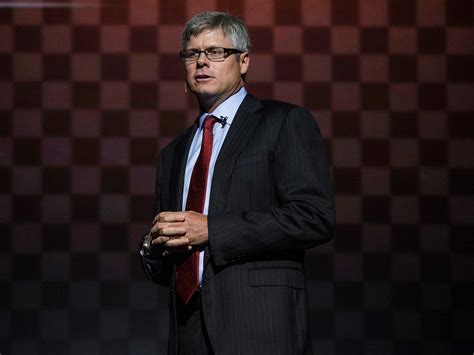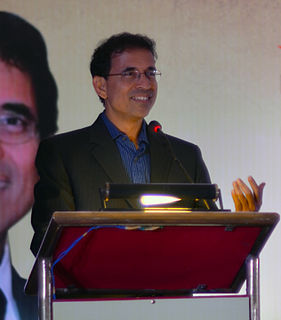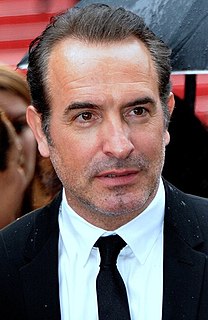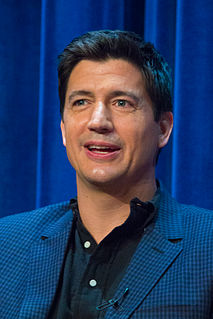A Quote by Steve Mollenkopf
You want to encourage yourself to take risks. If you make a mistake trying to do something, you can fix it later.
Related Quotes
In a small lab, if you make a mistake, you can go in the next day and fix it. But here, when you are committed to spending a hundred thousand or a million dollars, you can't fix it later. You need to have a system of checks and balances internally. In particle physics, that's just part of the structure.
I could take the greatest deal-makers of all time and they've always had something that didn't quite work out. You never want to put yourself in the position where something not working out is bigger than what you are and therefore takes you down. It's got to be in smaller chunks. In all cases, I want to learn something from things that didn't quite work out and learn, so that it doesn't happen again or so that in the future, you make great decisions. You don't want to make the same mistake twice and you have to learn that early on in your life.
One of the greatest handicaps is to fear a mistake. You have stopped yourself. You have to move freely into the arena, not just to wait for the perfect situation, the perfect moment... If you have to make a mistake, it's better to make a mistake of action than one of inaction. If I had the opportunity again, I would take chances.
When you know something or someone in your life is unhealthy or unproductive, that you have grown beyond where they are and where they want to keep you, you must let go. If you tell yourself you do not see it when you do, or if you tell yourself it will get better, you are not being honest with yourself. Stop trying to fix things or change things. Simply let go.
Sports teaches you there is always a second innings in life. If you fail today, there's a second innings maybe two days later. Maybe there's another opportunity coming up three or six months later. If you look at mistake as learnings and commit never to make a same mistake again, then you actually get better with every mistake that you make.
Sports teaches you there is always a second innings in life. If you fail today, theres a second innings maybe two days later. Maybe theres another opportunity coming up three or six months later. If you look at mistake as learnings and commit never to make a same mistake again, then you actually get better with every mistake that you make.
In Korea, if a player makes a mistake, the other players don't like to point it out. Rather, they try to embrace it; they take the attitude, 'Let's do better next time.' But in the West, if you do something wrong, another player will make a point of saying something, and you will have to fix it immediately.
The thing is doing it, that's what it's all about. Not in the results of it. After all what is a risk? It's a risk not to take risks. Otherwise, you can go stale and repeat yourself. I don't feel like a person who takes risks. Yet there's something within me that must provoke controversy because I find it wherever I go. Anybody who cares about what he does takes risks.
The trouble is that the risks that are being hedged very well by new financial securities are financial risks. And it appears to me that the real things you want to hedge are real risks, for example, risks in innovation. The fact is that you'd like companies to be able to take bigger chances. Presumably one obstacle to successful R&D, particularly when the costs are large, are the risks involved.


































